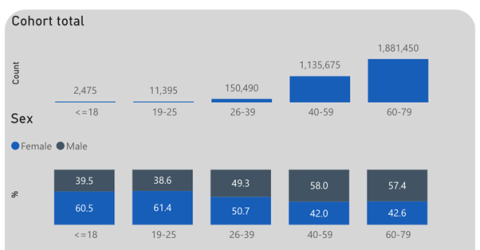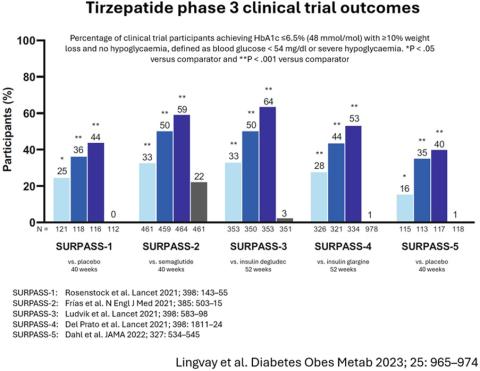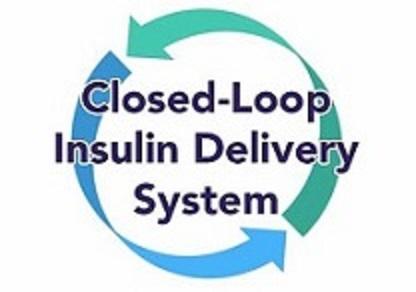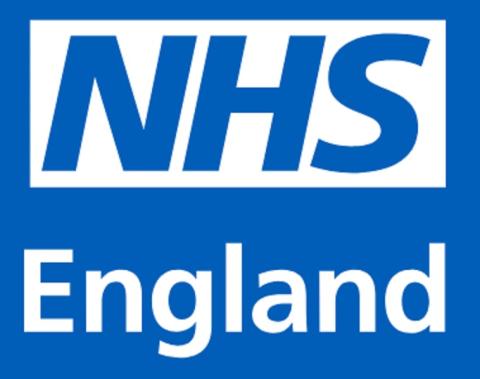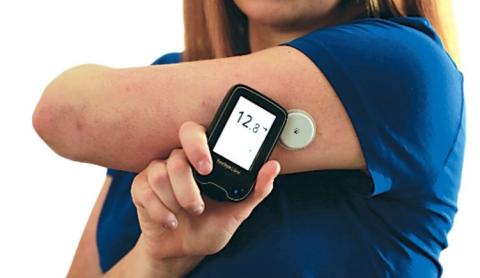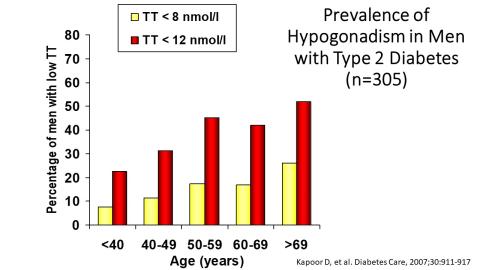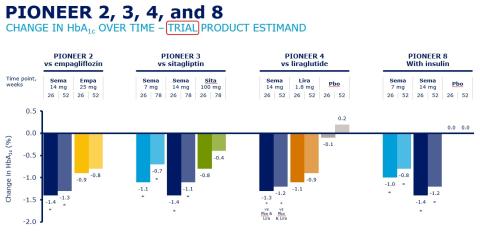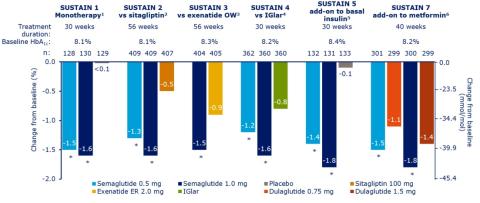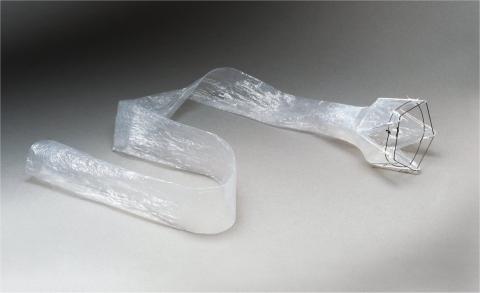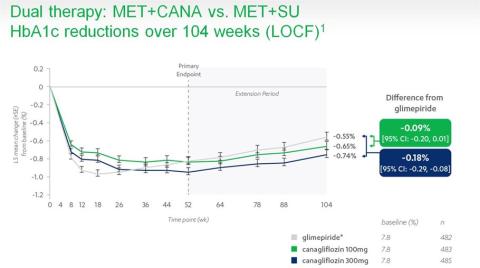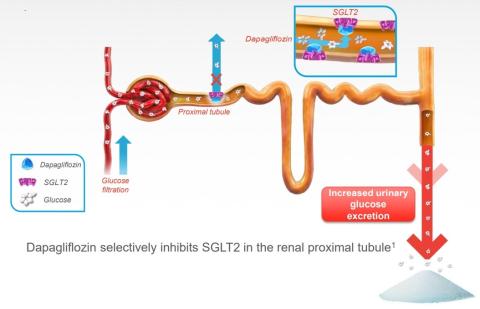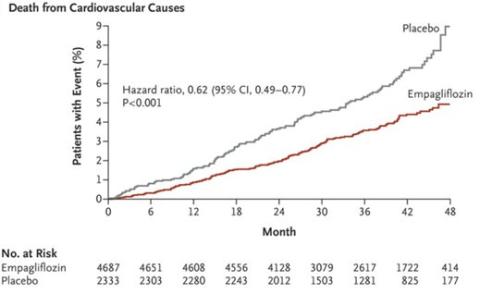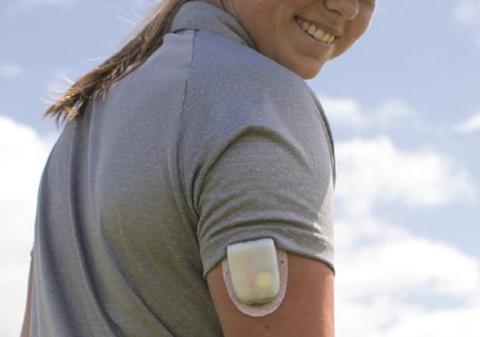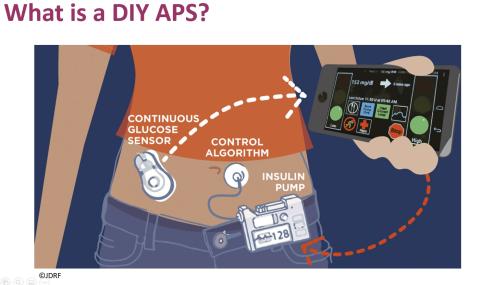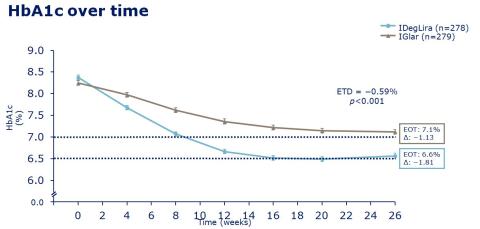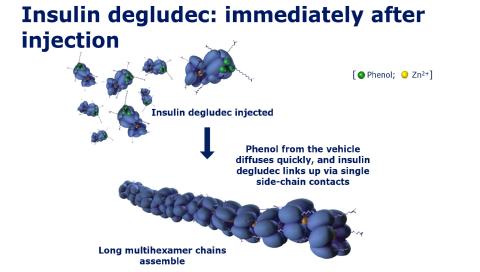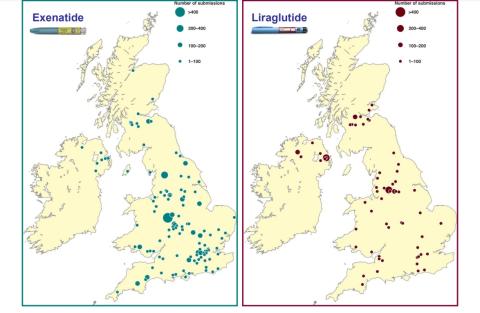When new therapies or devices become available to prescribe, the information used for them to be licensed comes from clinical trials. Once used in real clinical practise the new real-world patients may be different from those in the clinical trials.
As an example, we learned from the nationwide exenatide and liraglutide audits, that in real clinic practice patients treated with these medications in the UK had far worse glycaemic control and were much heavier than patients treated in clinical trials. ABCD hopes, through its audits, to gain insights into both safety and efficacy of new medications and devices and it hopes that what is learned will inform future practice and guidelines.
ABCD has been active in assessing new diabetes therapies and devices through its nationwide and worldwide audits since 2004. We believe we have learned the best ways of undertaking successful audits and of assessing the vast amount of clinically useful information that can be obtained to improve patient care.
The nationwide audits are undertaken on the NHS network to ensure security and patient confidentiality. As countries outside of the UK cannot access the NHS network, worldwide audits are undertaken on secure servers outside on NHS net. Whilst centres taking part in the audit may download and analyse their own local data, data from all centres can be downloaded anonymised form and combined to increase what can be learned through force of numbers.
The immense learning from the audits programme over the years can be appreciated by visiting https://abcd.care/all-abcd-audit-publications


